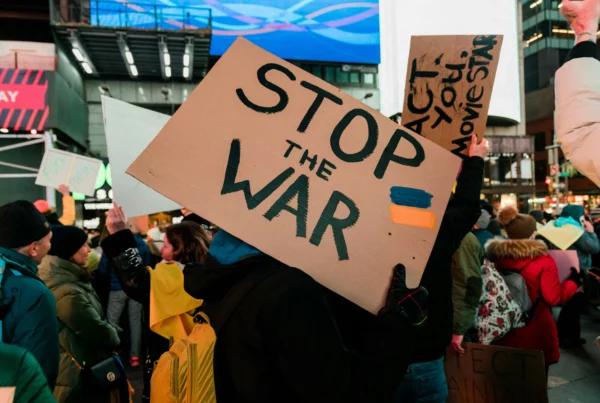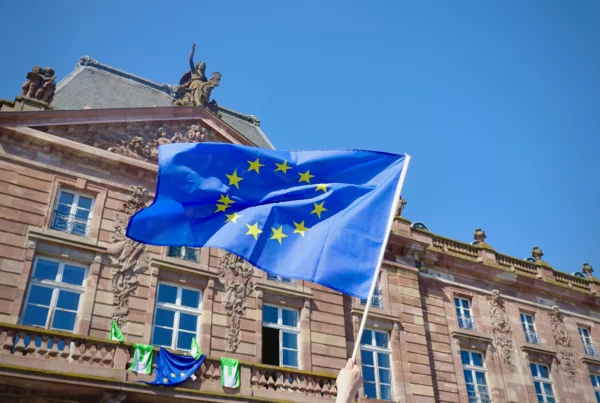Exploring how EU Delegations engage with local and regional governments in global development
As the global landscape of development cooperation evolves, the role of local and regional governments (LRGs) has moved from the margins to the mainstream. No longer seen merely as beneficiaries of aid, LRGs are now recognised as key actors in the design, implementation and ownership of sustainable development policies.
With over 139 EU Delegations around the world, the European Union plays a pivotal role in supporting governance and development at all levels. This new PLATFORMA study explores how these Delegations are engaging with LRGs, the value of their cooperation, and the road ahead.
This study highlights the growing political relevance of decentralised cooperation, mayor-to-mayor partnerships, city-to-city exchanges, and collaboration between national associations in achieving sustainable development. EU Delegations, representing the EU in partner countries, manage funding and support development policies aligned with local needs. In this context, their relationship with LRGs is crucial.
Key insights from the study include:
- Local knowledge matters: LRGs are closest to citizens and understand their needs. Their involvement improves governance, ensures better delivery of services, and strengthens citizen engagement.
- TALD – Territorial Approach to Local Development: Promoted by PLATFORMA, TALD ensures local development strategies are not only nationally supported, but locally owned and shaped.
- From consultation to partnership: The new 2021–2027 EU Multiannual Financial Framework emphasises a permanent policy dialogue with LRGs, beginning with programme design and continuing through implementation and monitoring.
Yet, the study also reveals a mixed picture. While some Delegations engage actively with local authority associations and decentralised actors, others have limited or no contact, missing opportunities for peer learning and stronger governance.
The study calls for a deeper and more consistent relationship between EU Delegations and local governments in partner countries. It identifies four key areas where progress can be made:
- Training: EU Delegation staff would benefit from greater awareness of local governance realities, decentralisation processes, and participatory mechanisms. LRGs can offer training and insights rooted in real experience.
- Political closeness: LRGs understand the language of local politics. Stronger ties between EU Delegations and elected representatives could boost trust and effectiveness.
- Networks and awareness: LRGs bring with them local networks and credibility. Their role in development education and public awareness can link global goals with local realities.
- Support to associations: Many national associations of LRGs remain underused. Targeted EU support could enhance their capacity, sustainability and leadership in local development.
By investing in these relationships, the EU can reinforce its commitment to local ownership, sustainable development and effective international cooperation. Ultimately, localising global agendas such as the 2030 SDGs will only be possible if local voices are not only heard, but also empowered.
For more information, contact:

Director – PLATFORMA







